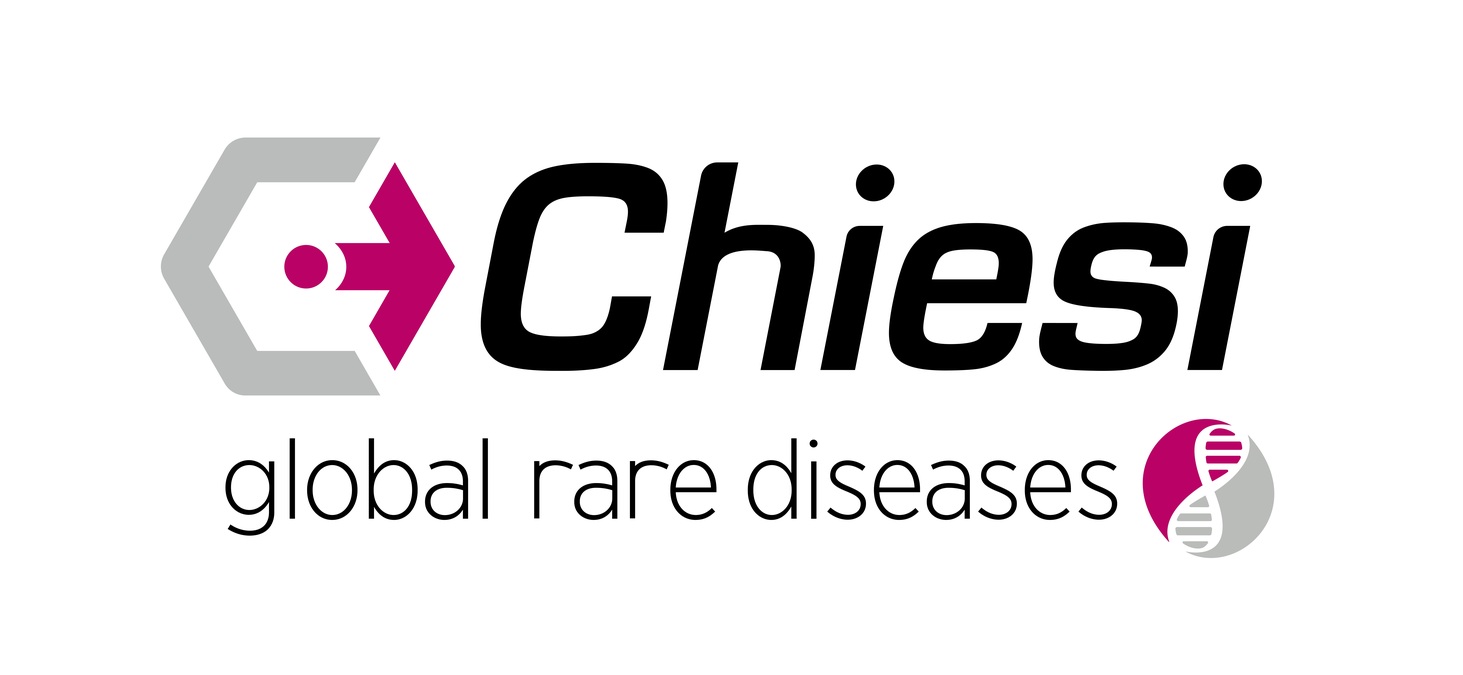
Giacomo Chiesi, Head of Chiesi Global Rare Diseases, discusses velmanase alfa (Lamzede), which was recently approved by the U.S. Food and Drug Administration (FDA) for the treatment of alpha mannosidosis.
Alpha mannosidosis is a multisystemic, lysosomal disorder caused by a deficiency in the enzyme alpha-D-mannosidase that leads to an abnormal accumulation of glycoproteins that can damage various tissues and organs.
The symptoms and severity of alpha mannosidosis are highly variable. Symptoms may include distinctive facial features (e.g., prominent forehead and jaw, and a flattened nose), skeletal abnormalities, hearing loss, intellectual disability, and dysfunction of the immune system.
Recently, velmanase alfa was approved by the FDA for the treatment of non-central nervous system manifestations of alpha mannosidosis adult and pediatric patients. As Mr. Chiesi explains, velmanase alfa is an enzyme replacement therapy (ERT) and like most ERTs, it does not cross the blood brain barrier.
The FDA approval was largely based on a phase 3 double-blind, randomized, placebo-controlled trial investigating the efficacy and safety of velmanase alfa in subjects with alpha mannosidosis. The trial evaluated velmanase alfa’s efficacy over 52 weeks at a dose of 1 mg/kg given weekly as an intravenous infusion. A total of 25 patients were enrolled (14 males, 11 females), including 13 adult patients and 12 pediatric patients. Fifteen patients (8 adult and 7 pediatric) received velmanase alfa and 10 patients (5 adult and 5 pediatric) received placebo. The efficacy results for the clinical endpoints assessed at 12 months, including the 3-minute stair climbing test, 6-minute walking test, and forced vital capacity, all favored the velmanase alfa group and were supported by a reduction in serum oligosaccharide concentration.
To learn more about alpha mannosidosis and other lysosomal storage diseases, visit checkrare.com/diseases/lysosomal-storage-disorders/






